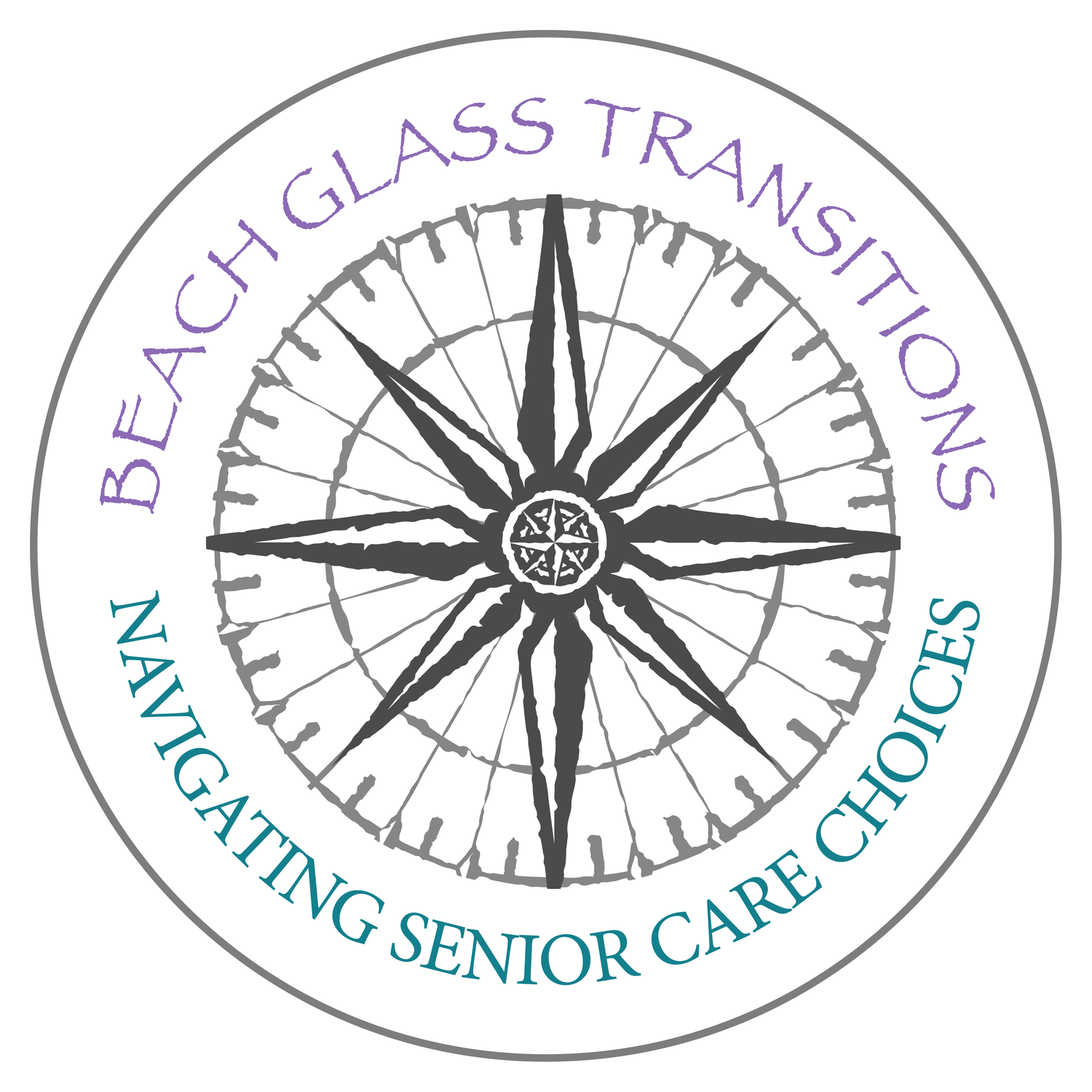Understanding Powers of Attorney
/When you begin taking on the role of caregiver to an aging adult, your first step in the process should be to consider your loved one’s Power of Attorney (POA). If your loved one does not have a Power of Attorney in place, or if it needs to be updated, you need to establish this vital document.
A POA is a document in which an individual (known as the “principal” or “grantor”) names another person or multiple people (the “agent(s)” or “attorney(s)-in-fact”) as decision-maker(s) on behalf of the principal. This document is essential to handling your loved one’s financial and medical affairs.
Executing a POA does not require that the principal be cognitively incapable of making decisions;
it simply allows another person to act on the principal’s behalf. For example, a principal may be hospitalized for a brief time and need an agent to access bank accounts to pay bills. As long as the principal is capable of making decisions, the agent must follow her directives. A POA can be revoked at any time should the principal become dissatisfied with the agent’s actions.
There are different types of POAs. Some “General” POAs expire when the principal becomes cognitively incapacitated; if the principal can no longer make decisions, the agent’s Power
of Attorney is revoked. When establishing a POA for a senior, a “Durable” POA is recommended. This POA allows the agent tomake health care or financial decisions for the senior if they become incapable of making these decisions for themselves.
In some states, Durable Power of Attorney can be “springing,” meaning that the named agent does not acquire Power of Attorney until the principal becomes incapacitated. The definition of incapacitation can be customized within the document when written by a qualified Elder Law Attorney in the state where the POA will be executed.
Principals may designate different individuals as Financial POA and Health Care POA. Financial POAs empower agents to handle financial transactions, such as managing investments, depositing checks, paying bills, and completing tax returns. Health Care POAs make medical and care decisions, such as treatment decisions and accessing long term care benefits.
In both cases, the agent is the fiduciary of the principal, meaning they are legally obligated to act loyally and with the best interests of the principal in mind, honoring their wishes and preferences whenever these are known.
In the case of a medical power of attorney, it is generally wise for an individual to create a health care advanced directive at the same time, making known their wishes for life-prolonging treatment or end-of-life care in the event that catastrophic illness or injury prevents them from communicating their wishes later. This includes statements regarding resuscitation, life support measures, as well as services for spiritual counsel or prayer. Many states allow a medical power of attorney and a health care advanced directive to be in the same legal document.
There are forms available online that make it possible to create a POA without legal advice or help. Though this could be better than not doing it at all, given the sensitivity and vital importance of the POA content, it is recommended that you consult with an elder law attorney.
Click Here to Read “How to Choose Power of Attorney”

